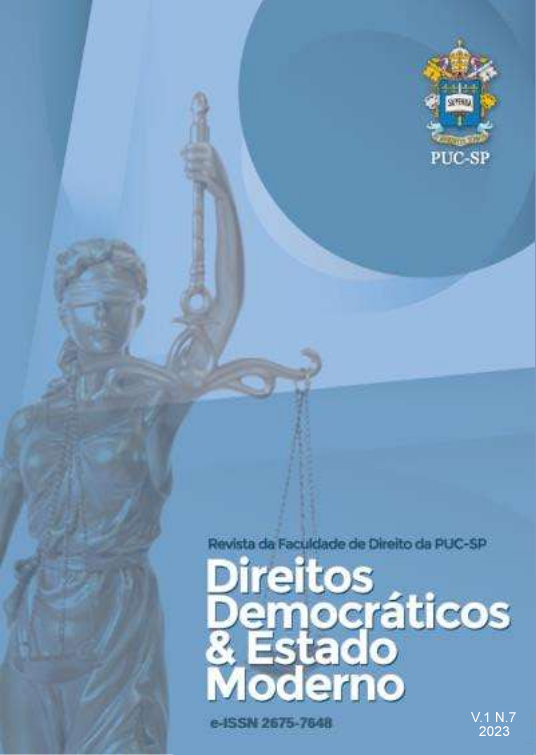La Teoría de la empresa en quiebra y su aplicación en Brasil
DOI:
https://doi.org/10.23925/ddem.v.1.n.7.60910Palabras clave:
Derecho, Economía, Competición, Antimonopolista, teoría de la empresa fallida, CADEResumen
El Derecho de la Competencia es la rama mediante la cual el Estado utiliza mecanismos para promover el bienestar de los consumidores, con el objetivo de promover la dignidad humana, con base en el desarrollo de la economía. Estos son los cimientos del Sistema Brasileño de Defensa de la Competencia ("SBDC") y del Consejo Administrativo de Defensa Económica ("CADE"). Entre los diversos principios previstos en la Constitución de la República, se destacan en este libro la libre competencia y la preservación de la empresa. En caso de conflicto entre ellos, la mejor solución debe buscarse en el caso específico con un enfoque en el desarrollo social del país, la promoción de la dignidad humana y el logro de la justicia social. Este libro propone la implementación de importantes valores que conciernen al Estado Democrático de Derecho, con énfasis en la preservación de la empresa y la protección de la libre competencia. Se sabe que la teoría de la empresa en quiebra es poco debatida en Brasil, y son raros los casos en que el CADE ha analizado el tema. Se analizará que no es cualquier crisis lo que legitima su aplicación, además de los criterios previamente establecidos, se debe analizar a través del método de ponderación.
Citas
OLIVEIRA JÚNIOR, Fernando Antônio de Alencar Alves de. A Teoria da Failing Firm e sua aplicação no Brasil. Salvador, JusPodivm, 2016. ISBN 978-85-442-0816-8.
Descargas
Publicado
Cómo citar
Número
Sección
Licencia
Derechos de autor 2023 Derechos democráticos & estado moderno

Esta obra está bajo una licencia internacional Creative Commons Atribución 4.0.
Este trabajo está bajo licencia Creative Commons Atribuição 4.0 Internacional.
Los autores otorgan a la revista todos los derechos de autor relativos a los trabajos publicados. Los conceptos emitidos en los artículos firmados son de absoluta y exclusiva responsabilidad de sus autores.
Revista DD&EM - ISSN 2675-7648

















